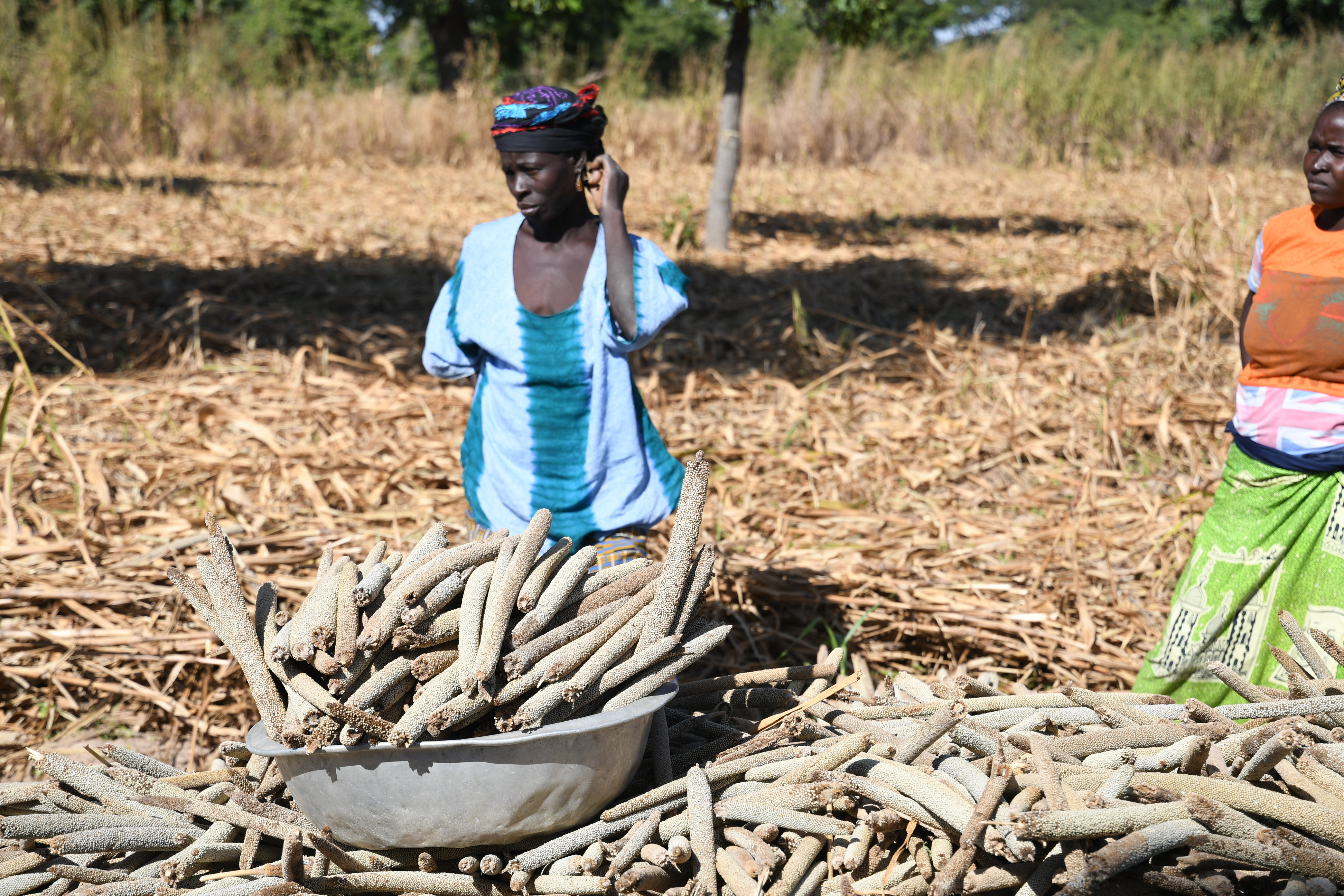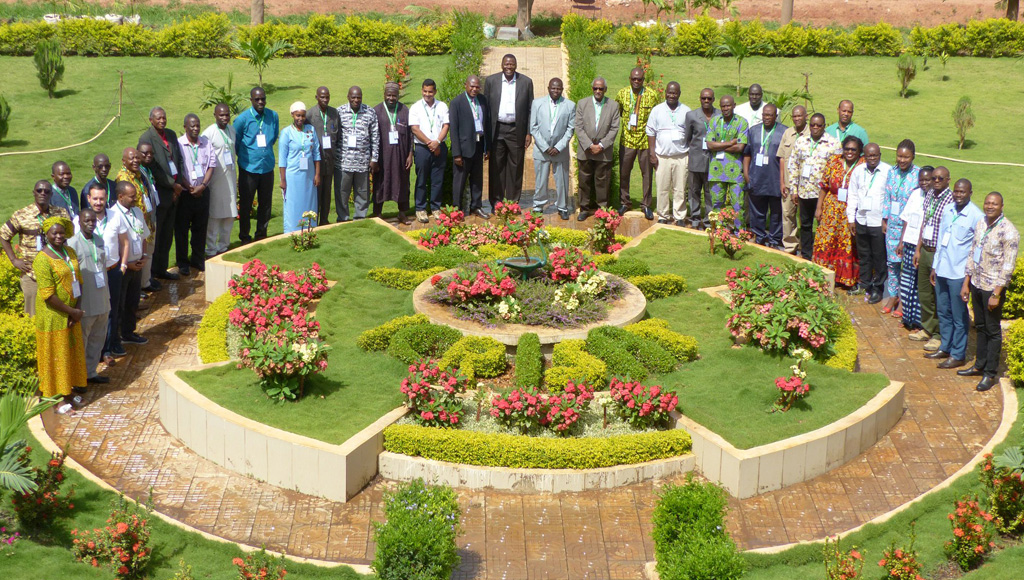In response to challenges, Mali is proactively tackling food insecurity, as highlighted in the FAO's Mali Humanitarian Response Plan 2022. The multifaceted nature of food insecurity in the country is linked to factors such as insecurity, intercommunity conflicts, disruptions to socio-economic activities, and insufficient rainfall, all of which the nation is actively addressing to enhance livelihoods.
In the face of these challenges, agriculture stands out as a crucial pillar of Mali's economy, contributing approximately 33 percent to the nation's gross domestic product (GDP) and providing employment for nearly 80 percent of its population. Mali possesses significant untapped agricultural potential, particularly in the southern and central regions, offering valuable opportunities for growth and development. The agricultural landscape in Mali features the cultivation of essential crops, such as cotton and a variety of grains like rice, corn, millet, sorghum, and wheat, forming the backbone of the country's food production.

While the agricultural sector encounters obstacles that limit its full potential, including high temperatures, inadequate rainfall, and recurring droughts, there is a recognition of the opportunities for growth. Addressing challenges such as limited access to credit systems, inadequate infrastructure, and low productivity is crucial for fostering the sector's growth and the prosperity of farming communities.
To tackle these issues, it is imperative to invest in and strengthen Mali's agriculture sector. By developing resilient and climate-smart agricultural practices, optimizing water usage, and enhancing access to credit and modern technologies, Mali can unlock its vast agricultural potential. Supporting farmers with knowledge, resources, and improved agricultural inputs will lead to increased productivity and income, ensuring food security and economic growth for the nation.
The ICRISAT West and Central Africa (WCA) regional hub, in collaboration with the Institute of Rural Economy (IER), has been at the forefront of implementing Agricultural Research for Development (AR4D) initiatives in Mali. This fruitful partnership traces its roots back to 1979 when the ICRISAT-Mali bilateral program was established, focusing on research for sorghum and millet, with the generous support of USAID. Throughout the years, IER and ICRISAT have continued to work hand in hand, with a specific emphasis on developing value chains for groundnut, sorghum, and pearl millet in Mali. The primary objective of this collaboration is to enhance the livelihoods and resilience of smallholder farmers in the Sudano-Sahelian climate risk zones of the country.
This enduring partnership has yielded remarkable achievements, particularly in the development of improved varieties of millet, sorghum, and groundnut, which have significantly contributed to agricultural advancement and food security in Mali.
Some key accomplishments include:

In 2016, the registration of 13 Open Pollinated Varieties (OPVs) and 7 hybrid varieties of groundnut in the national/regional catalogue in Mali, expanding options for farmers and increasing productivity.
Release of several improved groundnut varieties like Alasson, Yiriwa, Tiga, and Nieta, offering a yield advantage of at least 20% over local varieties, thereby improving farmer incomes and food production.
Development of hybrid parents that resulted in the creation of the first Guinean-race sorghum hybrids, bringing resilient and high-yielding varieties to farmers in the region.
Introduction of dual-purpose sorghum varieties like Grinkan, Tiandougou, Tiandougou coura, and Segifa, designed to support both food and fodder production, addressing both human and livestock nutrition needs.
Promotion of fertilizer micro-dosing technology, a pioneering approach that has resulted in a remarkable 120% increase in yield for sorghum and millet in targeted regions, helping farmers improve productivity sustainably.
Besides these noteworthy advancements, ICRISAT, IER, and the National Agricultural Research Systems (NARS) have collaborated to distribute motorized shelling machines to groundnut farmers. This initiative aims to reduce labor-intensive tasks, improve efficiency in the agricultural process, and ease the burden on farmers, further enhancing agricultural productivity and incomes.
Through its continued collaboration with IER and other local partners, ICRISAT remains committed to fostering agricultural innovations that have a tangible and positive impact on the lives of smallholder farmers in Mali. These advancements play a crucial role in supporting rural communities, promoting food security, and building climate resilience. The joint efforts of ICRISAT and its partners continue to drive progress in the agriculture sector and contribute to the prosperity of Mali's farming communities.
or scan the QR 
Sorghum
Pearl Millet
Groundnut

ICRISAT - Mali (Regional hub WCA)
Bamako
Phone: +223 20 709 200
Fax: 223 20 709 201
Email: icrisat-mli@icrisat.org
Address: BP 320, Bamako, Mali
26 Jan 2026